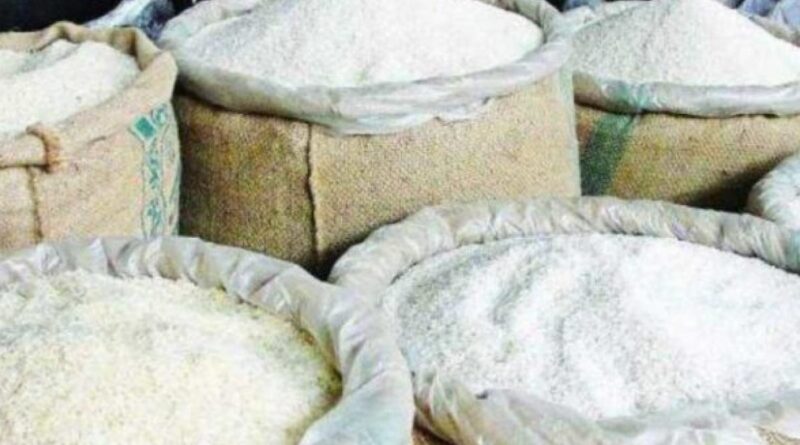Siddipet farmers reap rewards with direct seeding of paddy
In a significant stride towards sustainable agricultural practices, farmers in Erravali village of Markook mandal, Siddipet, have successfully transitioned to direct seeding of rice (DSR), a method that promises to alleviate the challenges inherent in traditional paddy cultivation.
Recognising the benefits of this innovative approach, Nuziveedu Seeds Limited (NSL), as part of its corporate social responsibility efforts, organised a crop-cutting experiment (CCE) on the direct-sown rice crop on Monday, at Erravali. The event witnessed the participation of agricultural officials, scientists, and local cultivators, who collectively celebrated the promising results of this pioneering initiative.
Unlike the labor-intensive and costly conventional transplanting method, which involves nursery management and labour expenses averaging around Rs.6,000 per acre, the DSR offers a more efficient and cost-effective alternative. NSL provided the NP-9153 Pushkal variety and herbicides free of cost to farmers cultivating 180 acres in Erravelli alone.
The crop-cutting experiment, conducted over a 10×10 square metre (one gunta) area, yielded promising results. The NP-9153 Pushkal variety, sown on December 27, 2023, and harvested after 124 days, produced 85.5 kg of grain yield, translating to an impressive 34.2 quintals per acre.
Associate Director of Research at RARS Warangal, Dr Ravula Umareddy commended the farmers who adopted DSR practices. He foresees this concept gaining traction in the future, emphasising its potential to significantly impact the rural economy and address climate change in agriculture.
District Agriculture Officer K Shiva Prasad highlighted the numerous benefits of DSR, including reduced water consumption, earlier crop maturity by 7 to 10 days compared to traditional methods, and the ability to sow seeds rapidly, with a single individual capable of broadcasting seeds over 5 to 10 acres in a single day.
The DSR method offers numerous advantages over traditional transplanting. It requires only 10 to 12 kg of sprouted seeds to be broadcasted, and a single individual can broadcast seeds over 5 to 10 acres in a day, expediting the process. Furthermore, crops grown using the DSR method typically mature 7 to 10 days earlier than those cultivated through traditional means.
This article has been republished from Telangana Today.

